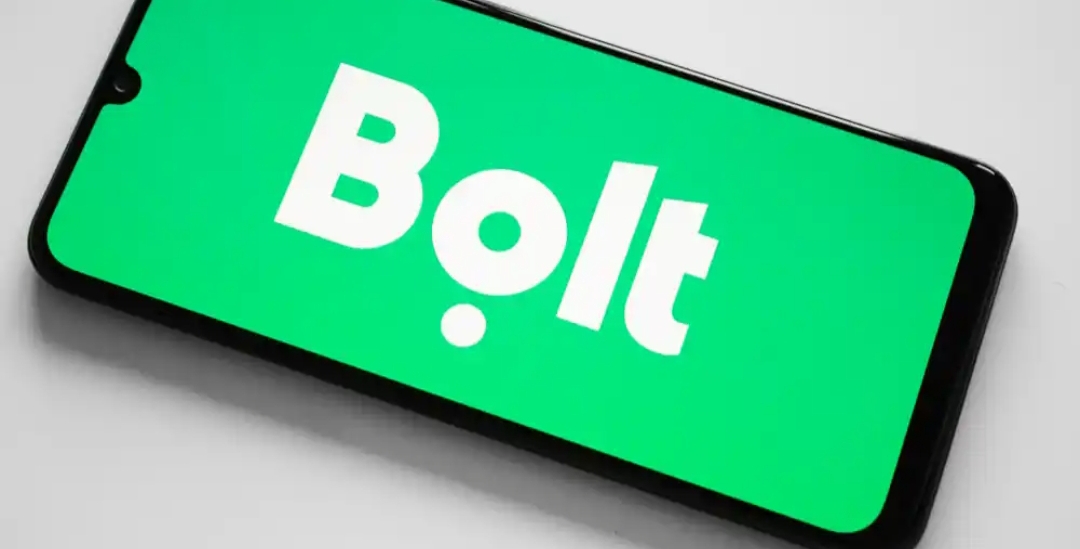The base fare in Lagos has risen by 17%, going from 450 to 527. However, the base rate for Bolt rides in Lagos increased by 23%, going from 650 to 800, while it was previously 650.
This thorough adjustment results in an increase of 112 percent across the board for the different criteria that go into pricing.
Read also: Bolt to Implement selfie verification procedure for drivers in South Africa
Why Bolt’s Ride prices have increased
The nationwide problems with a lack of available fuel have contributed to a decrease in the number of people who actively drive their cars, which has led to an increase in the price of Bolt in Lagos.
Because of this subsidy, fuel prices have significantly increased, making it necessary for ride-hailing companies to change their tariffs in accordance with the new market conditions.
It is important to point out that the revised pricing is lower than the expectations of the drivers of ride-hailing services.
The Amalgamated Union of App-Based Transport Workers of Nigeria had argued for a minimum tariff of 2,000 and a price rise of 200% across the board. In addition to this, they strongly recommended that Bolt and other platforms cut the commission taken out of fares by half or lower it to ten percent.
Nigerian fintech CredPal partners with Bolt to let users “ride now and pay later”
What Bolt has to say
While Bolt has responded to the fuel scarcity and higher operating costs by adjusting its rates, the drivers’ union has also urged that app companies should subsidise trip charges by at least 5% in order to reduce the impact that the fare rises will have on passengers. Bolt has responded to the fuel scarcity and increased operating costs by adjusting its prices.
Bolt, formerly known as Taxify, is an international transportation network firm that was established in August 2013 by Markus Villig. The company’s headquarters can be found in Tallinn, Estonia. It is an app that allows users to order rides within Nigeria that are rapid, secure, and economical. The service is provided by a ride-hailing company. In Nigeria, Olayiwola Agboola is the owner of Bolt.
You can trust Bolt to get you to wherever you need to go in Lagos within minutes, no matter where you are. A single push of the button will get you from Murtala Mohammed International Airport Ikeja to the Island when you take Bolt.
When the Bolt company sends a driver’s payout to the bank account or mobile wallet that is associated with the driver’s profile, the driver is said to have been paid. It is possible that the transaction will be finished, and the payout will be received anywhere between one and two business days, depending on the processing time of the local bank. The annual compensation begins at NGN 34,572 and can reach a maximum of NGN 61,991 for the most senior degree of seniority achieved in the position.
Earnings are proportional to the amount of labour put in. It does not matter how many journeys you take in a day, week, or even a month because there is no cap on that number. The payouts are done on a weekly basis. A ride with Bolt will proceed as follows: riders will first enter their destination into the Bolt app, then they will view an estimate of the fee and a selected driver, and finally, they will be picked up. Each individual Driver will be provided with their own individual Bolt Driver Account in order to use the Bolt App and the Bolt Platform.
Depending on the city, the commission that Bolt takes from the total price of each order ranges from 15% to 20% of that price. The commission fee is applicable to rides paid for with cash or card, as well as cancellation fees. Tips, bonuses, and any additional fees for the airport or toll road do not count towards the commission.
Although it is not possible to determine from the data that is accessible on the Playstore how many Nigerian drivers have downloaded Uber and Bolt, there are approximately 20,000 registered Bolt drivers in the nation, while Uber has approximately 10,000 registered drivers.




